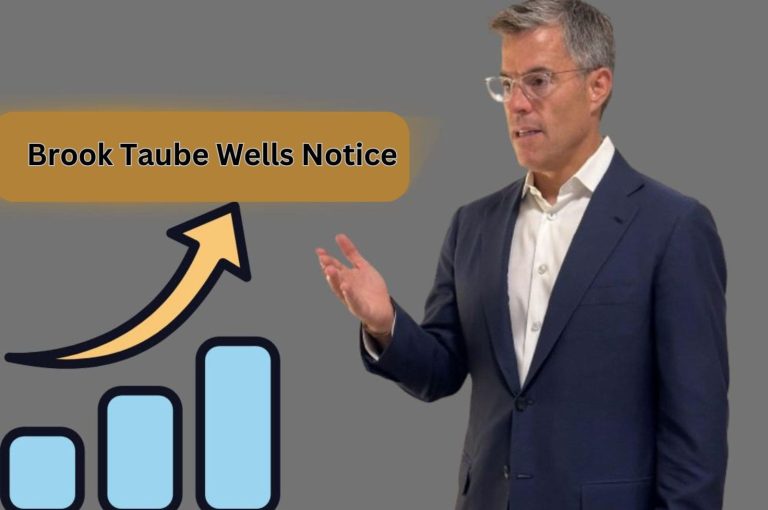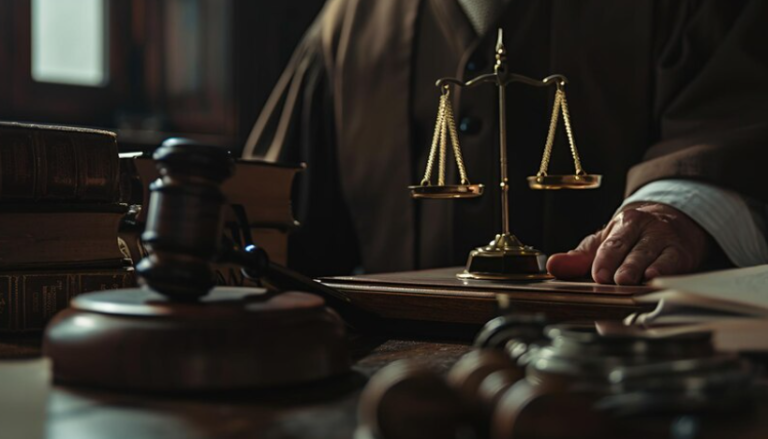The Impact of Social Media Evidence in Criminal Cases: Insights from Lawyers
Since billions worldwide have been using networks like Facebook, Twitter, Instagram, and many others to communicate, share, and document their existence, social media has become part of the post-modern digital period. However, with technological advancements, social media has become one of the forms of evidence used in criminal trials. In civil and criminal cases and any other legal hearing, the courts, the police, the prosecution, and defense attorneys, including those at
The Snow Legal Group needs social media evidence to clear or condemn an individual. This article highlights views regarding using social media evidence as perceived and experienced by lawyers in this developing area.

The Rise of Social Media Evidence in Criminal Litigation
Social networking sites provide a large database of information waiting for use in criminal investigations. Crucially, a suspect’s activities, connections, state of mind, posts, pictures, videos, conversations, and even GPS data may reveal that social media evidence has become a potent weapon for both the prosecution and the defense in criminal trials.
Lawyers highlight several reasons for the growing reliance on social media evidence:
- Real-Time Documentation: Social media lets people record their lives in real time, usually offering a chronological narrative of occurrences. This may be very helpful in criminal trials where the chronology of events is contested.
- Admission of Guilt: Sometimes, people unintentionally point the blame on themselves on social media. Direct proof of guilt might come from posts praising criminal activity, sharing pictures or videos of illicit behavior, or including threats. Lawyers note that individuals who publish material they would never reveal in other contexts, not thinking it may be used against them in court, may be driven by social media’s laid-back and frequently impulsive character.
- Behavioral Evidence: Social media activity may also help deduce a person’s mental state, objectives, or character. In a criminal prosecution, for instance, postings expressing violent ideas or hate against a victim might be used as proof of purpose or premeditation. Lawyers warn that this kind of proof may be arbitrary and should be handled cautiously to prevent bias against a jury.
- Witness and Victim Testimonies: Social media may also provide a forum for victims and witnesses to express their experiences, sometimes before law enforcement is engaged. Particularly in situations involving domestic abuse, sexual assault, or hate crimes, lawyers have encountered circumstances when victim stories or witness comments on social media become vital pieces of evidence.
Strategic Considerations for Lawyers
Given the complexities of social media evidence, lawyers must be strategic in approaching its use in criminal cases. Insights from legal professionals reveal several best practices:
- Early Collection and Preservation: Lawyers emphasize the need to gather and protect social media data quickly. Since social media information is quickly changed or destroyed, it is vital to gather this evidence early in the investigation process. Working with digital forensic specialists, legal professionals frequently help gather and preserve social media material legally.
- Comprehensive Analysis: Lawyers support a thorough investigation of a defendant’s or victim’s social media behavior instead of relying only on one piece of information. This method enables a more complex background knowledge and helps reduce the possibility of misunderstanding or depending on dubious data.
- Legal and Ethical Considerations: Lawyers must know the ethical and legal ramifications of referencing social media evidence. This includes respecting private rights, eliminating unnecessary bias, and ensuring that evidence is gathered by legal criteria. Ethical questions also relate to how attorneys use social media channels during discovery.
Conclusion
Social media evidence greatly influences criminal trials and presents both possibilities and difficulties for attorneys. Social media’s influence on every facet of life will probably grow as it permeates criminal justice. To properly use social media evidence in their cases, attorneys must keep current with changing legal rules and technological innovations.
Read Also: 9 Reasons Why Augmented Reality: The Future of Engaging Loyalty Experience Is Here





